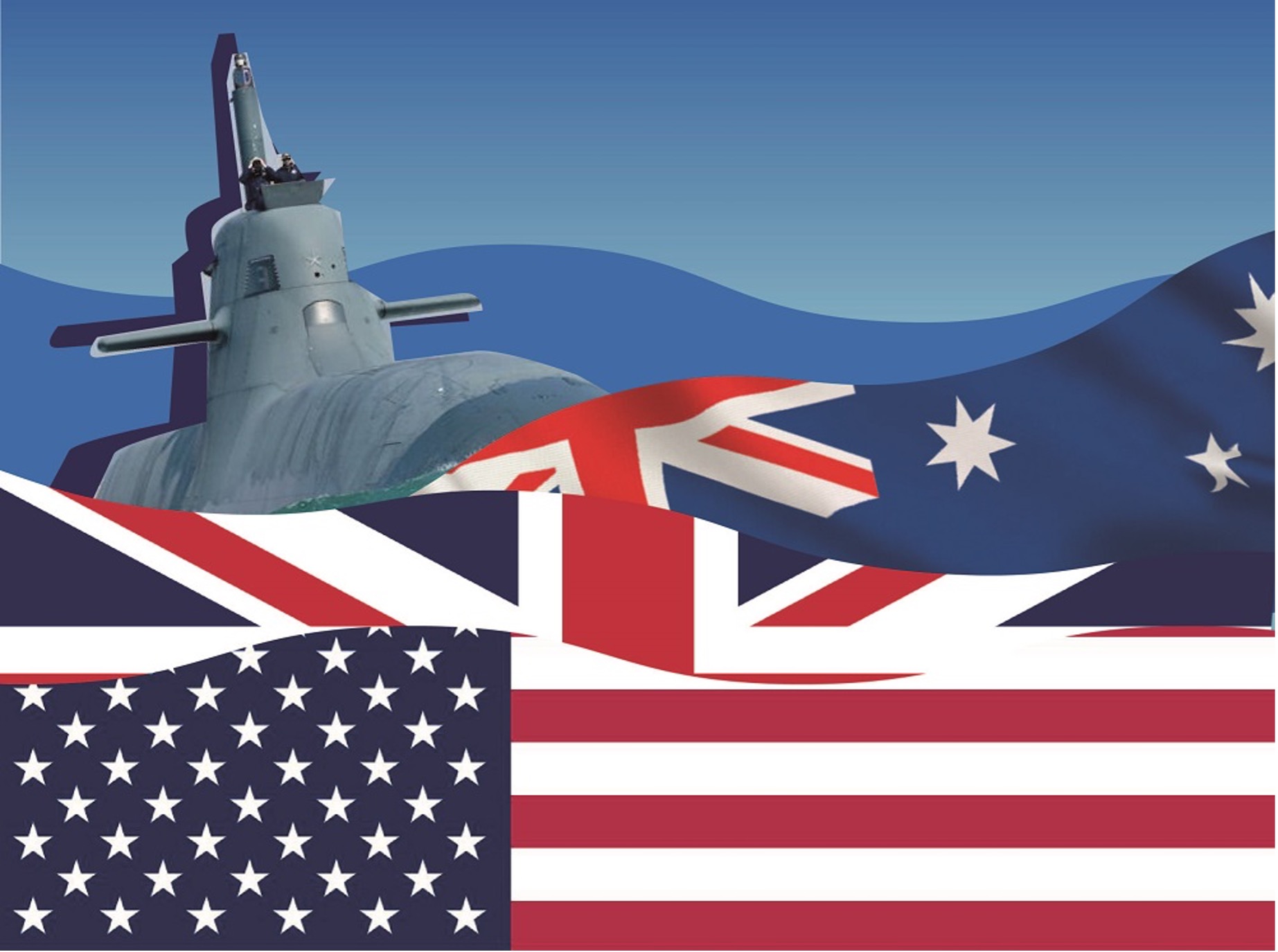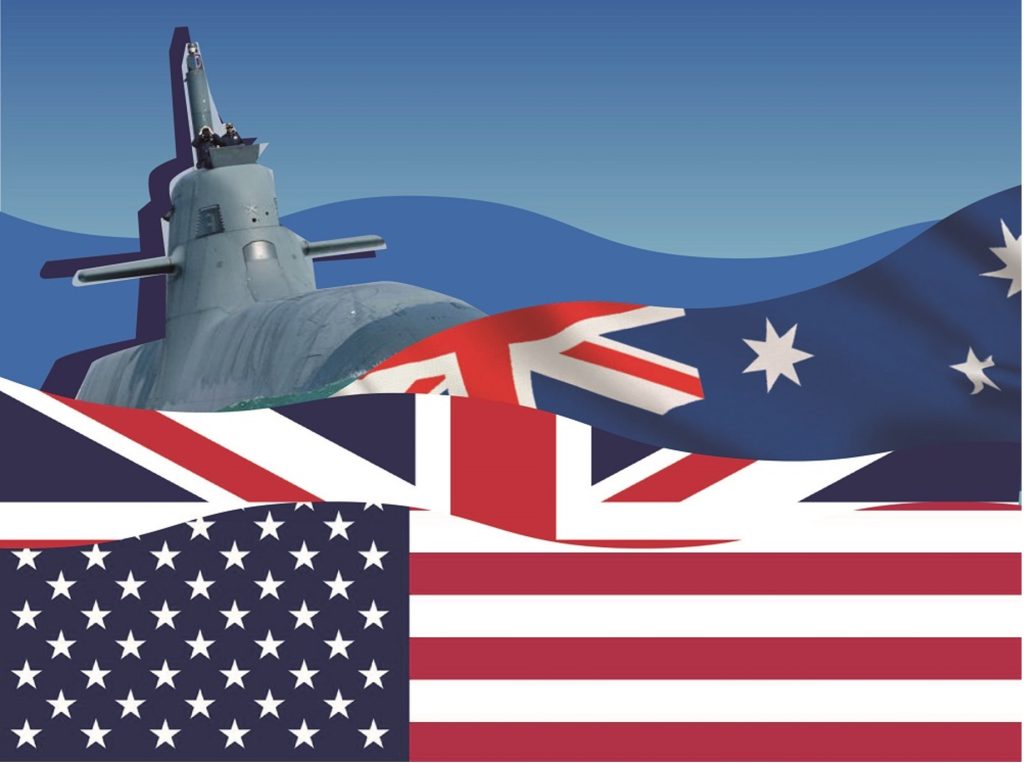Author: Leigh Dawson
“Without truth, without trust and love for what is true, there is no social conscience and responsibility, and social action ends up serving private interests… resulting in social fragmentation, especially in a globalised society at difficult times like the present.” – Pope Benedict XVI, Caritas in Veritate[1]
As the dawn of the New Year approached, the world lost one of the greatest theologians in history. Pope Benedict XVI, born Joseph Aloisius Ratzinger, died aged 95 after years of ill health. It was a “lack of strength of body and mind” that ultimately led Benedict XVI to become the first Pope in more than 800 years to resign as head of the Catholic Church in 2013.
Arguably his most significant theological contribution, the 2009 Papal Encyclical Caritas in Veritate, continues to get overlooked by international relations scholars and government bodies globally for its potential to shape future foreign policy strategy. In Caritas in Veritate, Benedict XVI asks: can foreign policy have a human face? Can human life be placed at the core of all government decision-making?
This article, which is based on a broader research project, contributes to the growing field of international relations scholarship by investigating the importance of religion in creating a more egalitarian global community. This is the first body of work, of which the author is aware, that investigates and applies fundamental principles of Catholic scholarship to the foreign policy strategy of a nation, in this case, Australia – a nation struggling with declining rates of Catholicism and to define its purpose amidst global pressure for action on climate change, approaches to conflict, and attitudes towards migration.

Caritas in Veritate
Delivered in Rome, Italy, on 29 June 2009 in the fifth year of his Pontificate, Pope Benedict XVI cited Caritas in Veritate as the cornerstone of his Papacy. It laid out a template by which all people could show leadership on human development in charity and truth. Caritas in Veritate, simply ‘charity in truth’, is the principal driving force behind the authentic development of every person and all of humanity.
Love drives peace. To find love, and subsequently peace, one must also find truth and defend it – only then can one become the ‘face of foreign affairs’ and begin to understand ‘the other’. Charity is at the heart of the Catholic social doctrine.
Benedict XVI recognised charity as both an authentic expression of humanity and an element of fundamental importance in human relations, including those of a public nature. He believed the meaning of charity had been corrupted by secular forces including the media, politicians, and business groups who equated charity as merely helping others in need. Caritas in Veritate is the doctrine by which this perspective shifts.
Within the backdrop of ongoing cases of religiously motivated violence, it seems fair to ask how people could possibly consider religion or religious principles, such as charity, to be a guiding light for the future Australian foreign policy?
Implications for Australian foreign policy
Australia’s foreign policy strategy is not only severely outdated but has been met with a mixed response by nations across the world. Complicating matters further, religion and politics have a long and often controversial history in Australia, most of it associated with Christianity.
Reflecting this conundrum, the 2021 Australian Census revealed a nation that is more divided than ever. For the first time in history, fewer than half of Australians identified as Christian, though Christianity remains the most common religion in Australia at 43.9 per cent of the population. The number of Australians who declared ‘no religion’ rose almost 10 per cent in five years to 39 per cent.[1] Hence, Australia is partly a Christian country, partly a multifaith country, and partly a secularist country – this makes speaking or generalising about religion in Australia complicated.
The 2017 Australian Foreign White Paper – the most recent document by the Australian Government outlining its foreign policy strategy – outlined five core objectives to deliver Australian security and prosperity – protection of a rules-based international order; environment; migration; poverty and human rights; and global business and protectionism.[2]
A major criticism of the White Paper is there are no clear directions or methodology outlining how Australia is going to achieve these goals. Australia has been scrambling to meet climate goals set out by the Paris Agreement; criticised globally for its lack of humanitarian foreign engagement; and generally seen as an unfriendly and hostile nation for welcoming refugees.
Despite Australia becoming a more secular nation, active rejection of religion in Australia has not become the norm. Australians will typically accept the religious views, spiritualities and commitments of others, if no one tries to impose their teachings on them. This is an important insight to understand if and how Caritas in Veritate could influence Australian foreign policy, and whether the Australian population would welcome this new approach.
Can ‘Charity in Truth’ shape foreign policy strategy in Australia?
In short, yes it can. And, in fact, some of the lessons learned could guide other nations across the world to make similar adjustments to their foreign policies, with the view to placing ‘the human’ at the centre of all decision-making. This point can be illustrated using three examples:
Firstly, Caritas in Veritate can help Australia achieve a rules-based international order in the Asia-Pacific and adhere to the Just War Theory all the same. Findings in the Brereton Report about the conduct of Australian Special Forces in Afghanistan across a 10-year period disclosed 39 unlawful killings by Australian defence members. The outcomes shocked a once proud defence unit – and the Australian public – to the core as these alleged crimes took place outside the heat of battle. A ‘warrior culture’ had infiltrated the Australian Special Forces raising questions about the legitimacy of the conflict, and in fact, whether it fit the Just War Tradition.
In Caritas in Veritate, Benedict XVI states that without a fresh moral heart, the past remains unhealed and can cause even greater harm in the future. Therefore, if charity is an act of practicality, and the quest for truth delivers authenticity and love, Australia should consider input from its returning service personnel in any future foreign policy strategy on conflict intervention.
Secondly, it can advance Australia’s climate policy substantially as policy begins to consider those across the world who are facing displacement due to drought, rising sea levels, and changing ecosystems. Caritas in Veritate states nature expresses a design of love and truth: “it was prior to us and has been given to us by God as the setting for our life”.[3] Estimates suggest that by the year 2050, up to 700 million people may be displaced because of climate change.[4] By comparison, the aftermath of the Second World War saw anywhere from 40 to 66 million people displaced. Climate change will also impact the journeys these populations will take, with rising sea levels and drought adding to the treacherous paths to freedom, which is antithetical to Benedict XVI’s desire.
Lastly, Caritas in Veritate will drive a complete rethink in Australian Government border policy towards refugees, asylum seekers, and other migrants arriving in the country. Boat-turnback policy initiated by the Australian Government caused international condemnation and considerable deaths at sea of vulnerable people that could have been avoided. Caritas in Veritate reminds governments that the primary capital to be safeguarded and valued is the human.
Implications for future scholarship and policy development
Some possible policy recommendations for the Australian Government to consider, which are grounded in and inspired by Benedict XVI, include:
- Seek mandatory input from returned Australian Defence Force representatives on shaping policy regarding Australian involvement in international conflict that has no direct threat to national security. And, subsequently, establish a policy that vests action through international agencies such as the United Nations to seek a humanitarian response to conflict.
- Australia should further its commitment to reduce carbon emissions by developing policy forcing mining companies operating within Australia that have projects in developing nations to either cease operations in those nations or deliver profound rehabilitation and financial benefits to those countries to reduce the human and environmental cost that climate change is likely to have.
- Take an approach to resettlement in the regions, where community spirit and inclusion is high, and jobs are abundant. This will give refugees a chance at gaining stability in their new home country.
- Foreign aid should be directed towards global projects including school construction, regenerating soils for food growth, building new roads, or enhancing industry capabilities.
- Australia should establish an Office of Religion and Global Affairs to further increase an understanding of religious dynamics and engagement with religious actors, as well as ‘the other’.
Further research could apply this strategy to the rich religions of Judaism and Islam, as well as Hinduism and others, to ascertain whether a ‘new’ theory – possibly, ‘Religious Global Peace Theory’ – could become commonplace in academic scholarship and international governance.
Conclusion
People must be at the centre of all diplomatic action. If charity is love given and received as Benedict XVI intended, then charity must be of benefit, bipartisan, demonstrate reciprocity, and be from good natured intentions.
Australian foreign policy strategy needs an urgent rethink as geopolitical challenges rise in the Indo-Pacific, and globalisation exacerbates the impact of international issues in domestic affairs. Caritas in Veritate could offer guidance for Australia on how to advance human-centered leadership in foreign policy. Foreign policy can have a human face after all.
[1] Markus Mannheim, “Census 2021 Data Shows Australians are Less Religious and More Culturally Diverse than Ever,” ABC News Online, June 28, 2022, https://www.abc.net.au/news/2022-06-28-census-2021-data-shows-a-change-australia/101177152.
[2] “2017 Australian Government Foreign Policy White Paper,” Australian Government (2017): 3, https://www.dfat.gov.au/publications/minisite/2017-foreign-policy-white-paper.
[3] Pope Benedict XVI, “Caritas in Veritate,” 32.
[4] Alex Alvarez, “Intervention III,” CrossCurrents 67, no. 3 (2017): 635, https://www.jstor.org/stable/10.2307/26605840.
[1] Pope Benedict XVI, “Caritas in Veritate,” Encyclical Letter of the Supreme Pontiff on Integral Human Development in Charity and Truth (2009): 3, https://www.vatican.va/content/benedict-xvi/en/encyclical/documents/hf_ben-xvi_enc_20090629_caritas-in-veritate.html.



